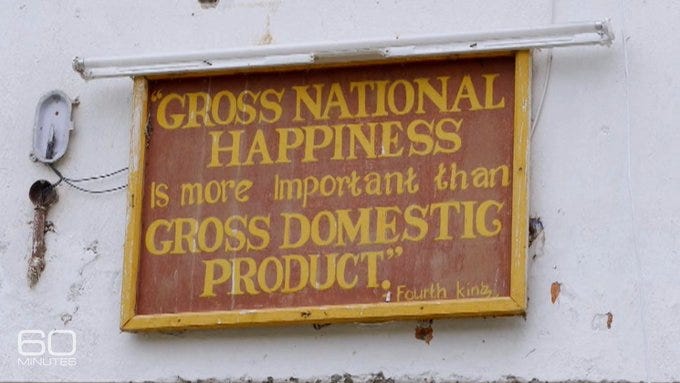When I started this journey of LivingBetterWithLess, my goal was simple: to be more mindful of my consumption and create a positive impact on people and the planet (even if it’s small). It wasn’t about proving I’m better than anyone else—far from it. Yet, I’ve lost count of the eye rolls and side comments, like:
“Shh, don’t tell her I shop on Amazon.”
“You think you’re actually saving the planet?!”
“Awww, look at you ‘living better with less!’” (mockingly said when I bring my own coffee cup or show up to a vacation with only a carry-on bag).
I’ve even had a web design client joke: “Since you’re sooooo good at living with less, I guess you don’t need any of this money.” Spoiler alert: I do. We all do.
The notion that striving for less waste, less clutter, and less mindless consumption means settling for less in general—couldn’t be further from the truth. I actually want more. More meaning, more growth, more connection, more nature, and yes, more financial freedom to create change. We’re not here to just scrape by; we’re here to thrive, mindfully.
Recently, I watched a stellar 60 Minutes feature on Bhutan’s Gross National Happiness1 philosophy that brought it all home for me. Give it a watch!
There were many inspiring takeaways:
“Nature is not something to be conquered; it’s something to be respected.” — Dasho Kinley Dorji, Bhutan's first trained journalist
“Gross National Happiness does not directly equate to happiness in the moment. One happiness is fleeting; it is emotion, it is joy. The other is contentment—to be happy with life, to be happy with oneself.” — Tshering Tobgay, Bhutan’s Prime Minister
But what struck me most were these words:
“Doing (it) the way we had been doing (it) is not enough anymore. Bhutanese, when we say we follow the principles of Gross National Happiness, we do not mean we are happy with less…We are human beings. We also want more. We also want to be rich. We also want to be technologically high standard. We want Bhutanese to be heading multi-million dollar companies, multinational companies. But following a philosophy of Gross National Happiness.
THIS. This resonates so deeply! LivingBetterWithLess doesn’t mean depriving ourselves of abundance—quite the opposite. It means creating space for what truly matters and aligning our actions with our values. Here’s how I see it:
We minimize by reducing waste, avoiding landfill junk, and cutting out anything that doesn’t add value to our lives.
But we also maximize by growing ourselves and our resources (mentally, physically, and financially) to uplift others, regenerate nature, and support causes that matter. And money plays a role in all this.
As Jen Sincero2 says:
“RICH = able to afford all the things and experiences required to fully experience your most authentic life.”
To make a positive impact we need wealth—not just to survive, but to thrive, give back, and make a difference. Living with less doesn’t mean giving up on prosperity, it means redefining it.
LivingBetterWithLess is about living more intentionally and with purpose. It’s not about judgment; it’s about possibility.
What does living better with less mean to you, your family, or your business? Drop your thoughts in the comments—I’d love to hear ‘em!
If you enjoy this content, share it with someone you think would like it too!
Leave a comment and/or a like, engagement is always helpful :)
If you’d like to support LBWL, consider making a donation. Thanks—Renée
The phrase “Gross National Happiness” was first coined by the 4th King of Bhutan, King Jigme Singye Wangchuck, in the late 1970s. He stated, “Gross National Happiness is more important than Gross Domestic Product.” The concept implies that sustainable development should take a holistic approach to progress, giving equal importance to non-economic aspects of well-being and happiness.
(Source: https://ophi.org.uk/gross-national-happiness)
https://jensincero.com/shop/#product=product-bamm





